Let’s talk about Babywise and sleeping through the night. This is a big one!
Sleeping through the night is a HUGE milestone that new parents and experienced parents alike look forward to from the moment their baby is born.
We all need sleep. We all crave sleep. We all WANT sleep. For our babies. For OURSELVES.
Following the advice and sleep routine recommended in On Becoming Babywise will truly give your infant the gift of SLEEP and reduce the number of sleepless nights.
Disclaimer: post contains affiliate links.

Page 49 of Babywise says: “When your baby begins to sleep through the night, people will invariably say, “You’re so lucky,” or “You’ve got an easy baby.” Neither statement is true.
Your baby will be sleeping through the night because you worked hard to help him achieve the gift of nighttime sleep.”
Achieving the “sleeping through the night” status will NOT be easy, even with Babywise. It will take time, lots of work, and consistency. But it WILL be worth it!
Eager to Get Started with Babywise? Be Sure to Sign Up for my Exclusive Email Series:
Babywise Sleep: When Is A Baby Considered Sleeping Through the Night?
The topic of sleeping through the night is highly debated among mothers. For new moms, it can create a lot of questions.
When is a baby truly considered sleeping through the night? And what should baby’s age be?
Page 50 of Babywise defines sleeping through the night as: “In fact, healthy, full-term babies are born with the capacity to achieve 7-8 hours of continuous nighttime sleep between seven and ten weeks of age and 10 to 12 hours of sleep by twelve weeks of age.”
And according to the National Sleep Foundation, newborn babies aged 0-3 months need between 14-17 hours of sleep while babies 4-11 months of age need 12-15 hours. So you can be SURE that a good chunk of baby’s sleep can and should be at night, even during the first year of life!
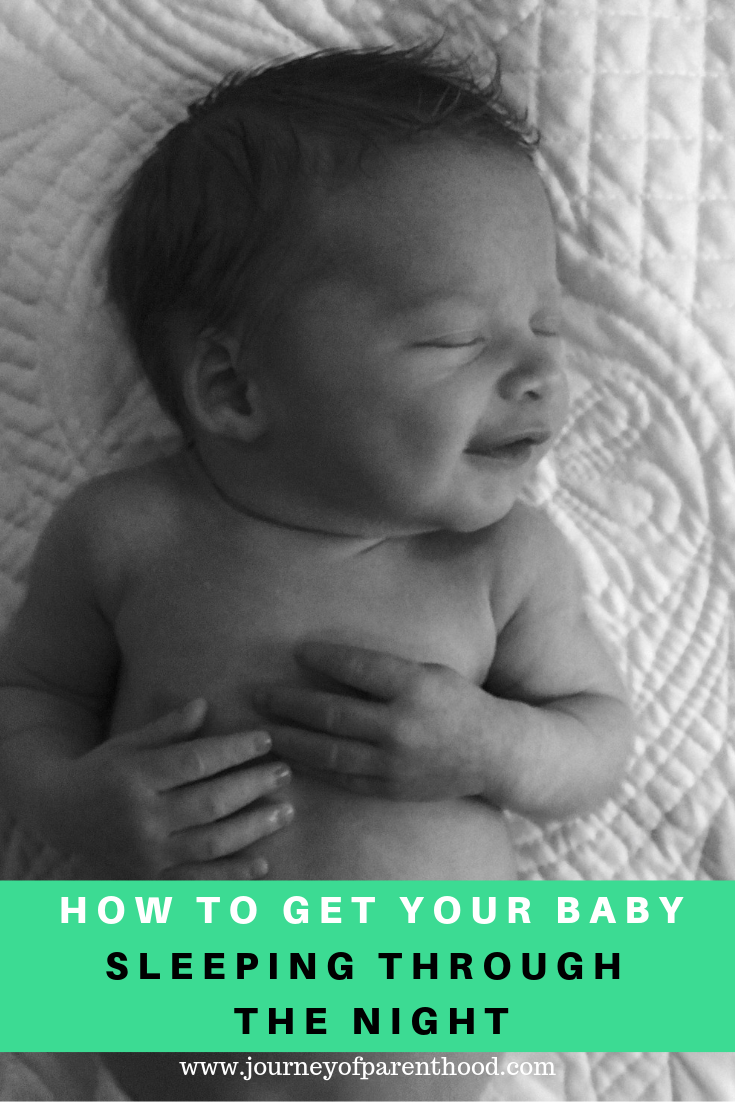
Babywise Sleep: Prepare With Sleep Items
Accomplishing the goal of having a baby who sleeps through the night takes work and to those efforts are made easier when the best items for baby sleep are being used!
I’ve written this post on my personal favorite items for helping baby sleep
You can also shop my favorites here:
Getting Baby to Sleep Through the Night: Set Up Environment for Success
Having the tools you need to help your baby to sleep is important, but so is setting the stage for sleep success. That’s the first step!
The important thing is for there to be a set space in your home for your baby to sleep. It needs to be an area that is consistent.
Consistency is THE KEY to success with Babywise. And that begins with the sleep environment where the baby is sleeping!
Tips for Providing an Enviornment for Sleep:
- Track the temperature in the room. Some babies prefer a warmer or cooler room.
- Use blackout curtains to keep the room dark.
- Use a sound machine to provide consistent white noise.
- If you have other young children, it may be a good idea to consider an additional fan for outside the baby’s room to help minimize household sounds.
Posts to Help Set Up a Successful Sleep Environment:
How to Sleep Train: Start the Babywise Schedule
With Babywise, sleeping through the night is a goal, but it’s not achievable without first setting smaller goals.
Establishing a consistent routine for your baby during the day is the only way to be able to reach the goal for nighttime sleep.
Truly, it all starts with the first moment of the day. The desired awake time. Every element of your baby’s day flows from that first wake up.
By deciding on your baby’s desired time for starting the day you’re able to put their sleep schedule in motion throughout the entire 24-hour period and then have a lead into a solid night of sleep.
As mentioned above, sleeping through the night does not happen for several weeks or even months of following the Babywise method with your baby.
Ready to Start Babywise? These Posts Will Help:
Babywise Sleep: Set A Night Routine
Consistent sleep during the day leads to consistent sleep during the night.
However, it’s also important to help communicate to baby the difference between daytime naps and nighttime sleep.
Having a nightly routine with your baby is a wonderful way to help them transition from “daytime” to “nighttime.”
Nightly Routine Ideas:
- Bath time each night before bed.
- Reading a bedtime story.
- Having prayer time as a family.
- Having baby in clothes during the day and then changing into pajamas for the night.
- Doing a baby massage before bed with lotion or baby oil.
Helpful Posts in Establishing a Bedtime Routine:

Help Baby Sleep Through the Night: Cluster Feed
When trying to figure out the feeding times for baby it can get a bit tricky.
Most babies are fussier in the evenings. Many breastfeeding moms may notice a dip in breast milk supply in the evenings as well.
When arranging the day for your baby it’s wise to consider the idea of cluster feeding.
Cluster feeding is when you feed baby more frequently leading up to bedtime.
Not only does this help soothe a fussy baby and help with supply concerns but it also helps the baby be nice and full for bedtime in hopes of staying asleep!
I have always cluster fed my babies in the evenings and it has helped in their ability to sleep fully throughout the night.
You Can See Some of My Sample Sleep and Feeding Schedules Here:
How to Get Baby to Sleep Through the Night: Consider Dream Feed
The dream feed is a feeding that is offered while baby is asleep.
No changing diaper. No lights on. Just a feeding.
By offering a dream feed it’s a way to help keep baby full through the night.
Some babies do really well with a dream feed. They stay asleep, they get their belly extra full and then it helps them sleep longer without any additional night feeds!
Other babies are disrupted by the dream feed. They may wake easily and the dream feed can disrupt their sleep cycle and actually cause more harm than good!
It’s about learning your own baby and what works best for them.
For my babies, I often found when I accidentally fell asleep and missed the dream feeding that it’d happen to be the night my baby slept fully through the night! That’s one way to do night weaning, right?
Here are Helpful Posts Related to Dream Feed and Feeding Options in General:
Sleeping Through the Night: Wake to Feed VS Let Them Sleep
When do you wake baby to eat? When do you just let them sleep?
Until baby is back to birth weight it’s important to wake to feed, even through the night.
Every two to three hours it’s important to wake up the baby to feed.
Once baby is back up to their birth weight it’s then perfectly fine to lay them down for sleep at night and “cross fingers until morning.”
Formula-fed babies can make this a little easier, but if breastfeeding, it may be wise to pump prior to going to bed for the night to avoid waking up too full if
Helpful Tips for New Baby:
Help Baby Sleep Through the Night: Handling Middle of the Night Wake Ups
Once baby is back to birth weight and able to sleep for as long as they can in the night it can be frustrating.
On the one hand, it’s great when the baby sleeps longer than that 3-hour time span that you’d normally be waking them to feed, but on the other, it can be aggravating when they wake up randomly throughout the night.
Part of handling middle of the night wake ups can lead to issues regarding sleep props.
It’s wise to be mindful of how to handle the wakings, especially when you hear baby cry. And, again, this is an area where every baby may differ.
Some babies do best if you go ahead and feed right when they wake up.
Some babies do best if you let them fuss a bit and then feed.
Some babies do best if you use a sleep prop or swing or something to help ease them back to sleep.
It is truly a trial and error situation and as you learn your baby, you figure out what works best for them!

This is a reason why I use more than just one resource for sleep training. I have MANY books I love on helping baby sleep.
Here are My Favorite Sleep Training Resources:
I personally used Moms on Call frequently with my fourth baby and liked the idea in that book regarding
The idea is to offer the baby a pacifier when they wake in the night. If the pacifier puts them back to sleep, then you are good to go.
If the baby spits out the pacifier, you put it back in. You offer it three times and then if they spit out the pacifier the third time you go ahead and feed baby.
It is wise to be SUPER mindful about the pacifier as it can easily cause sleep problems when the baby becomes reliant on it!
Be sure to read these helpful posts:
Sleep Through The Night: When Sleep is Disrupted
The glorious day arrives where baby is sleeping through the night! Whoop whoop!
It goes well. And then BAM suddenly the baby is waking up again.
It can be difficult to know how to figure out WHY baby is waking and WHAT to do about it.
Baby may wake for many, many reasons.
It could be teething. It could be teething. It could be growth spurts. It could be a wonder week (developmental milestones). It could be a sleep regression (common around 4 months of age). It could be a plethora of reasons.
Here are Helpful Posts on Sleep Disruptions and How to Handle them:
Sleeping Through the Night Conclusion:
Using Babywise techniques can help your baby with sleeping through the night.
It isn’t a magic trick. It’s not just “read the book then BAM your baby will sleep.”
It takes hard work. It takes commitment. Time. Energy. Effort.
But the payoff is HUGE. There are so many benefits to Babywise. For your baby. For you. For your family as a whole!
I hope that this post has encouraged you. All four of my babies have slept through the night prior to being three months old and I cannot be more thankful to Babywise for that gift of nighttime sleep!
Want More Help With Sleep Training? Be Sure to Sign Up for my Exclusive Guide to Starting Babywise:
- A Letter to my Son on His 16th Birthday From Mom (Kye’s Bday Letter) - March 20, 2025
- Open Letter to my Daughter on her 12th Birthday – Love, Mom {Britt’s 12th Bday Letter} - January 16, 2025
- Letter to My Son on his 6th Birthday – Love Mom - January 8, 2025







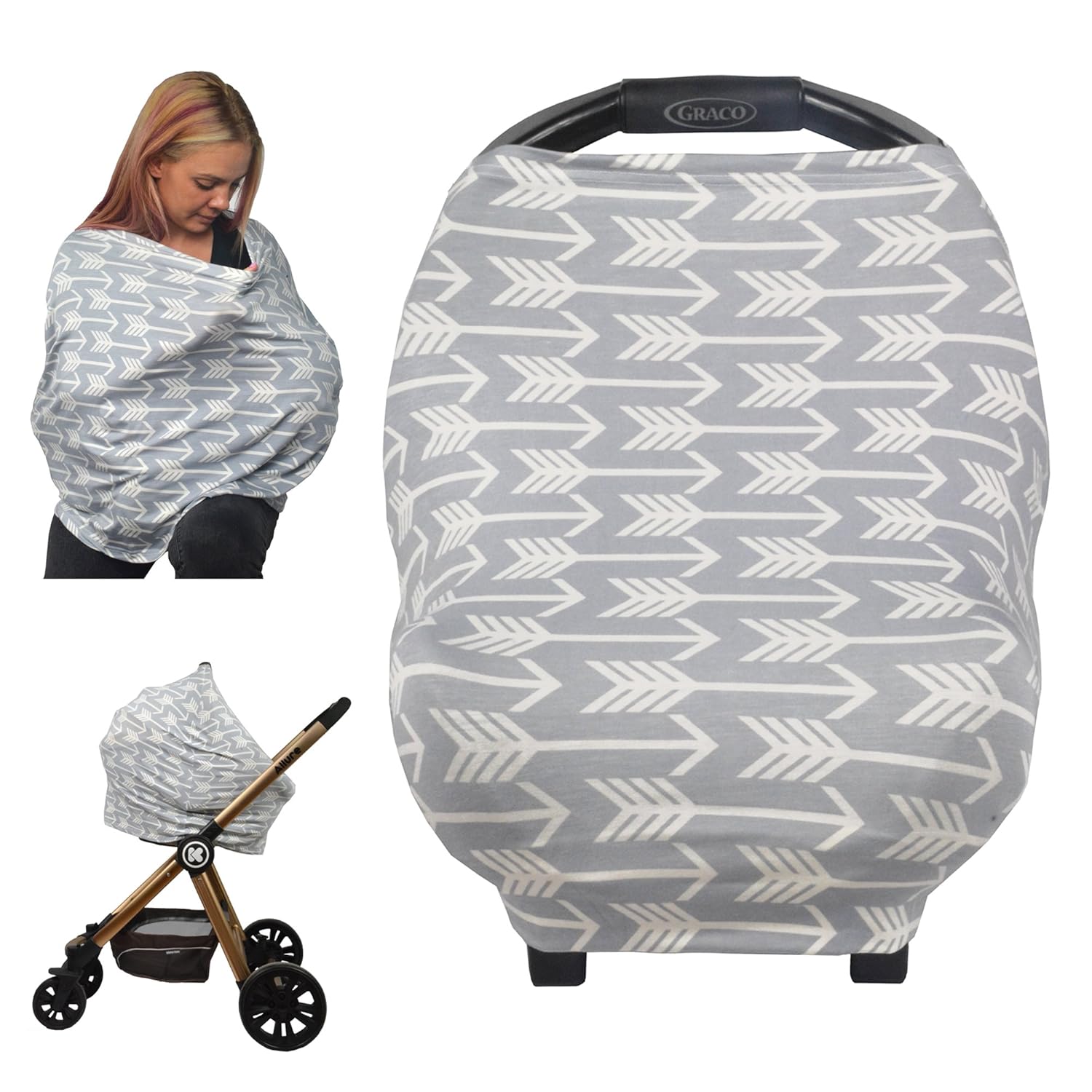
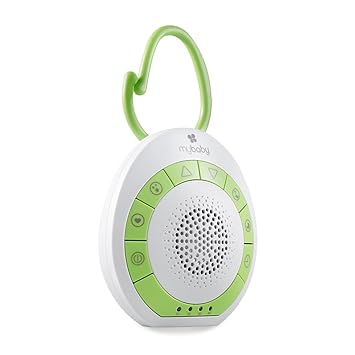
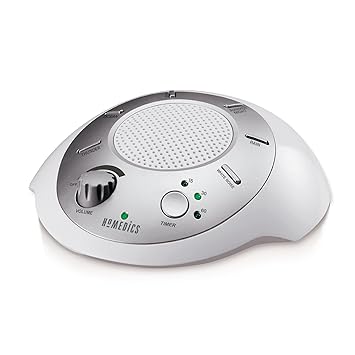
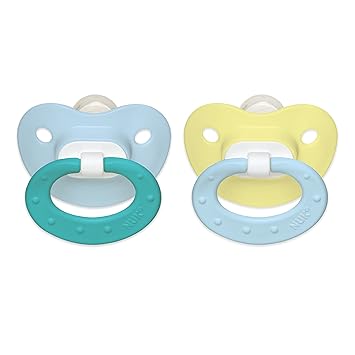


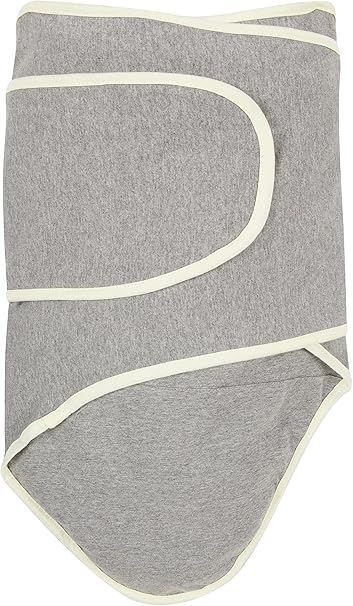

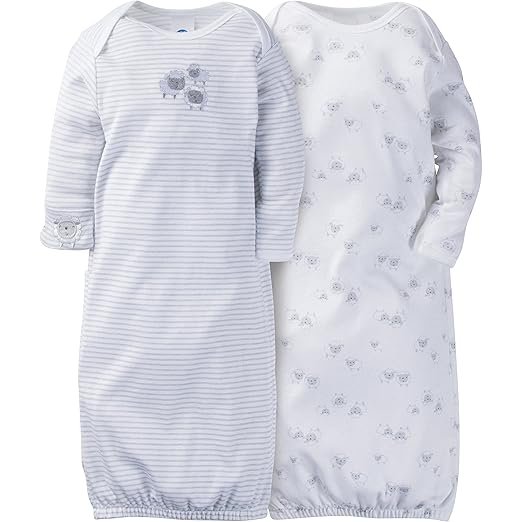


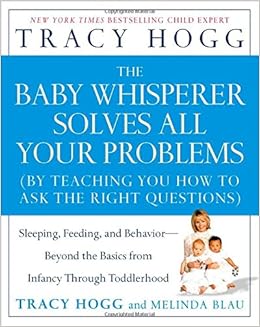




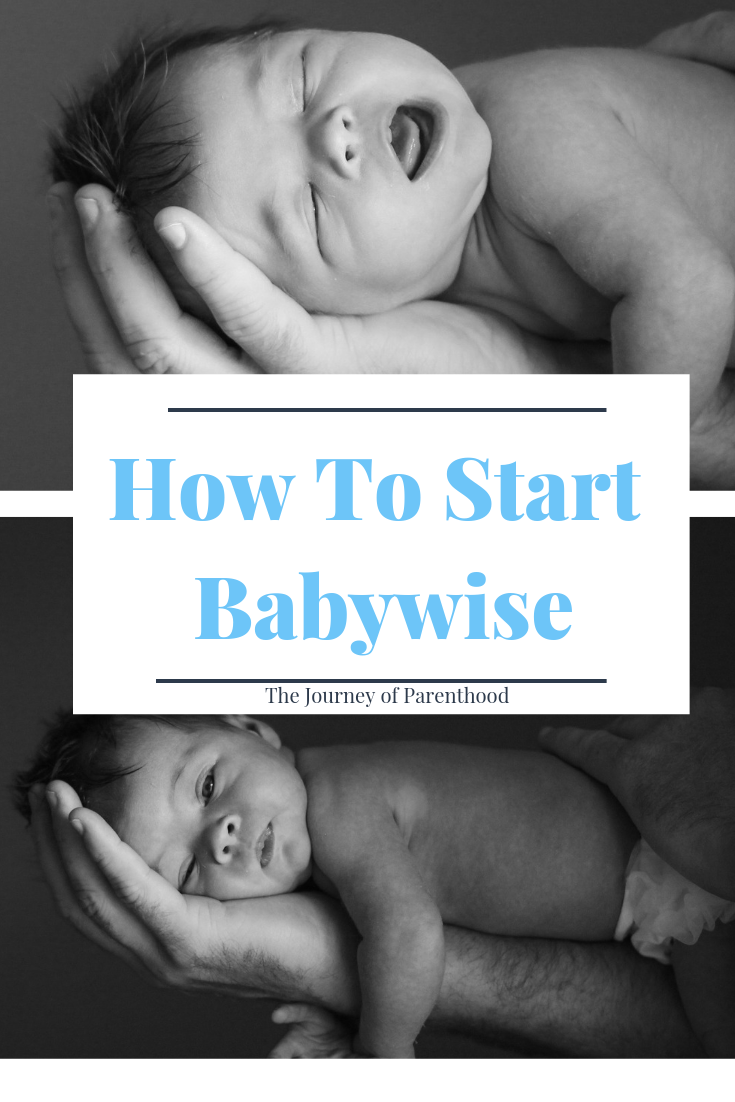






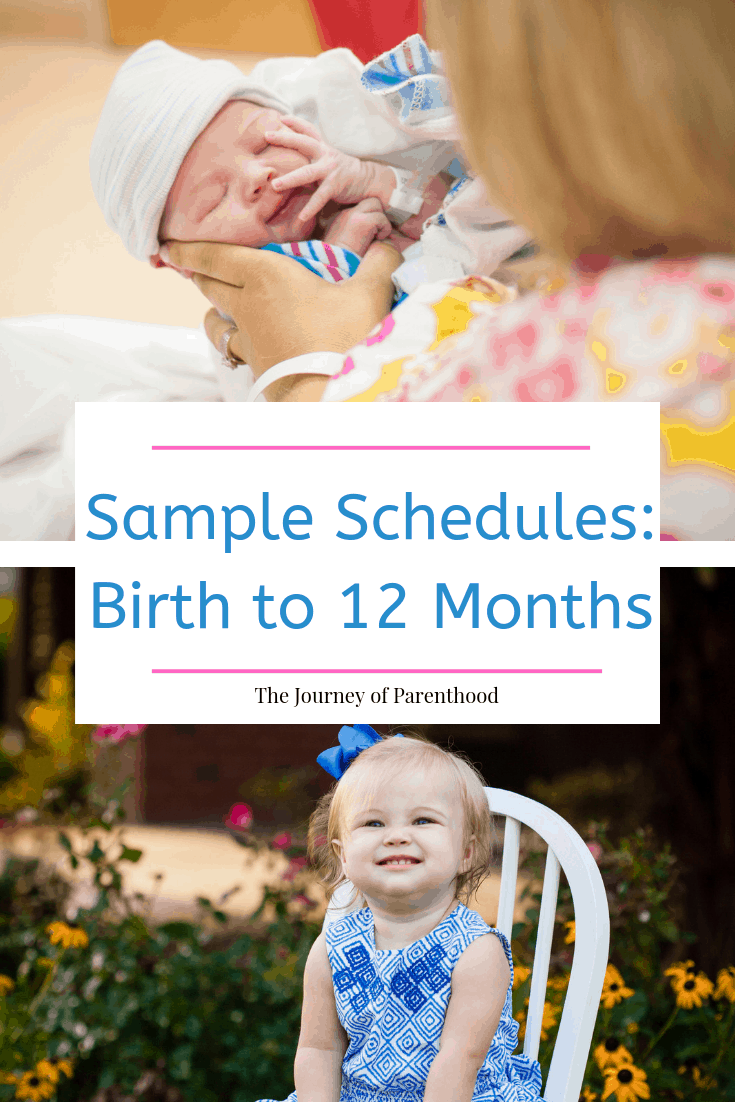


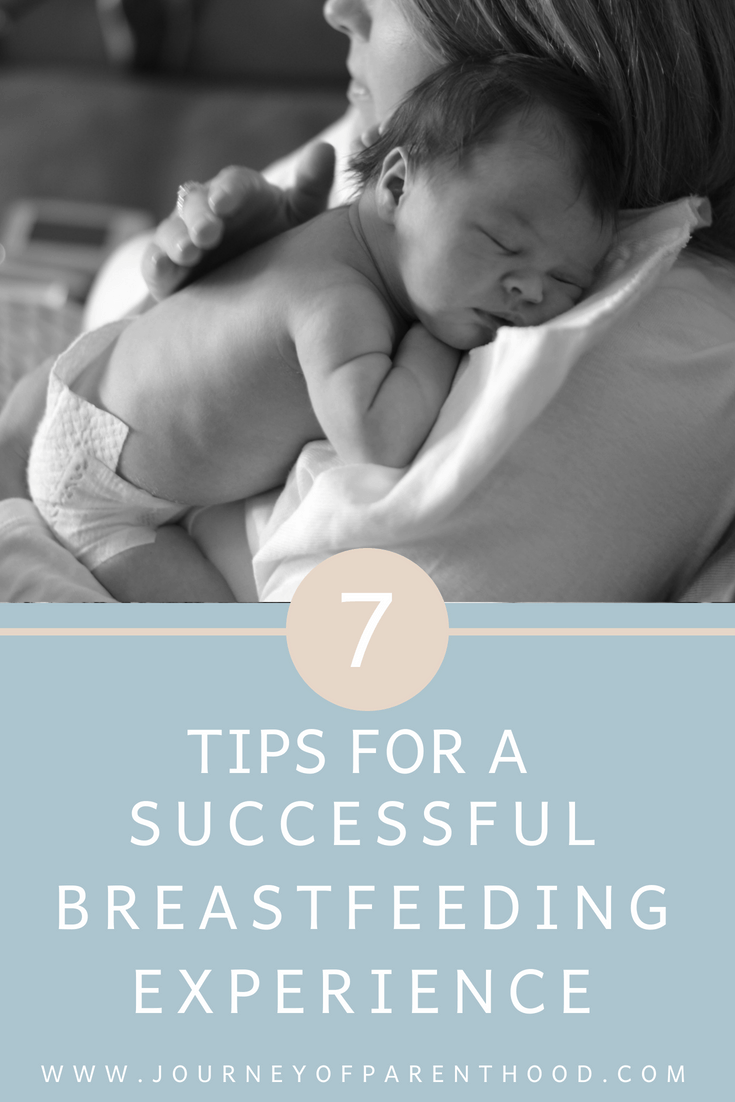

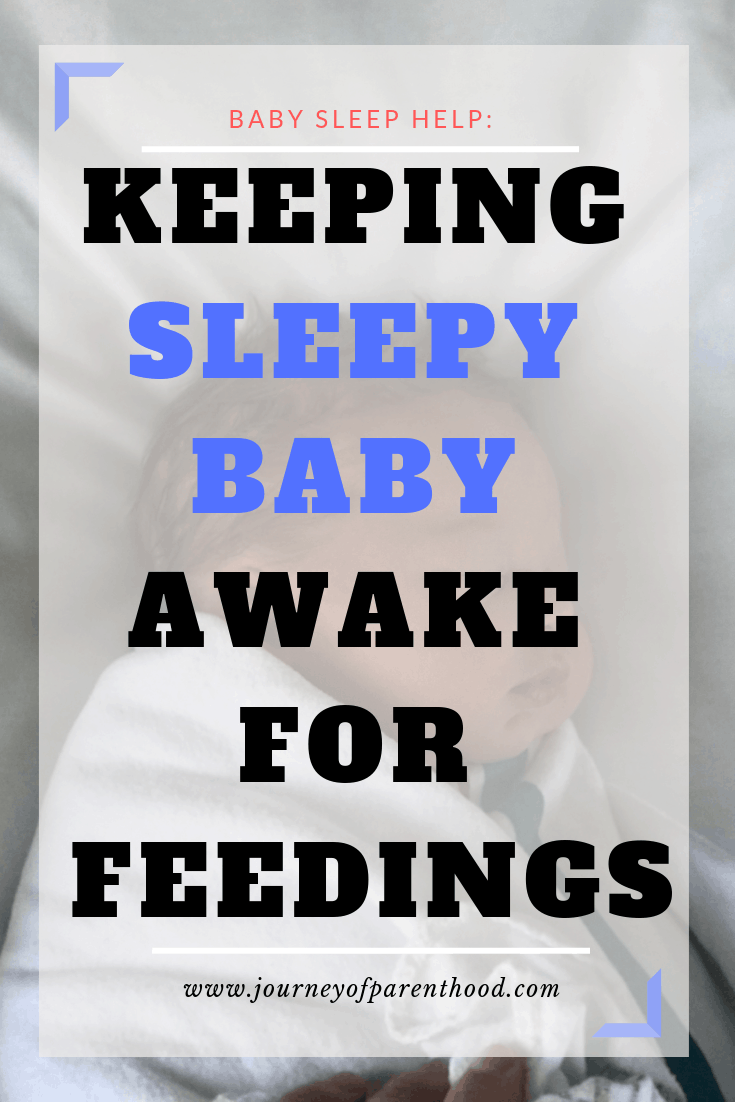
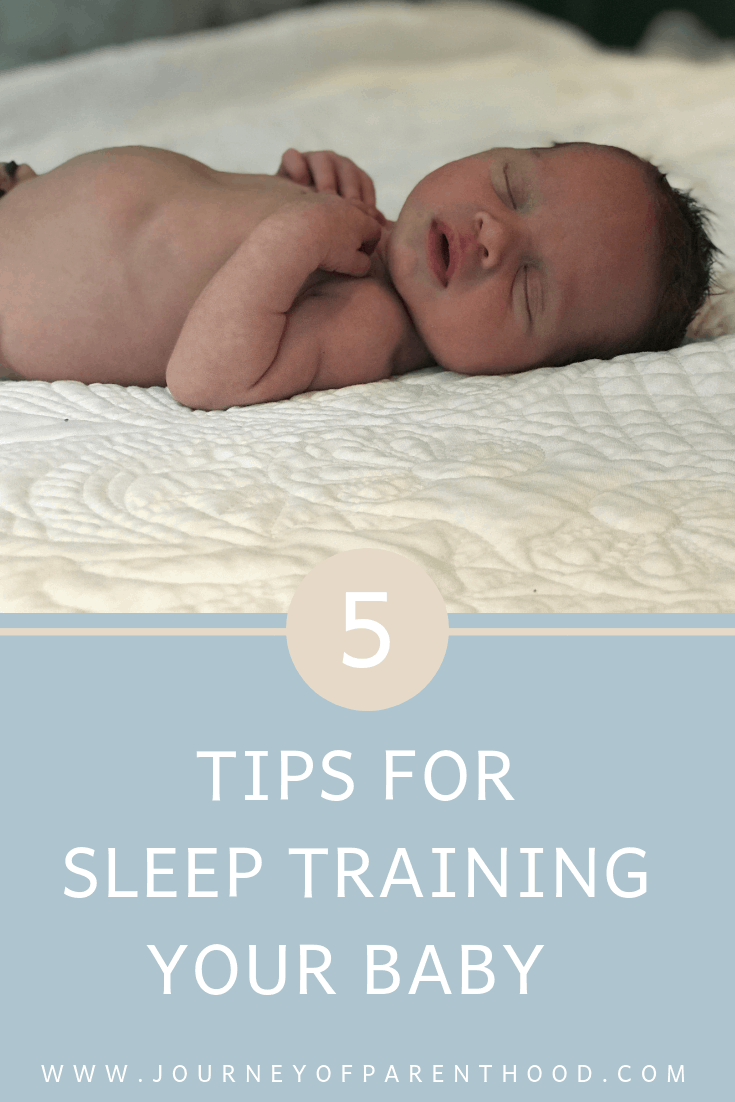




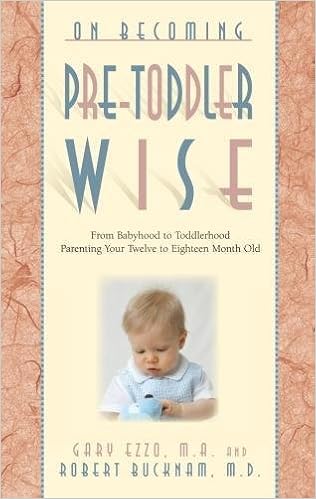


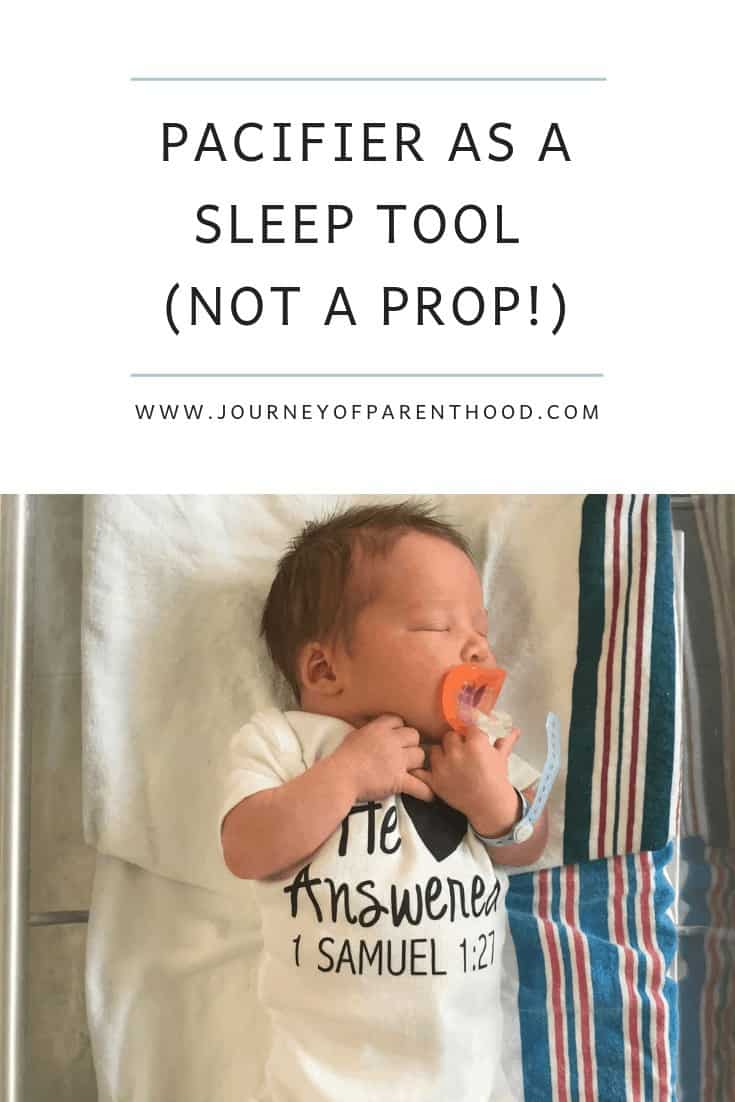
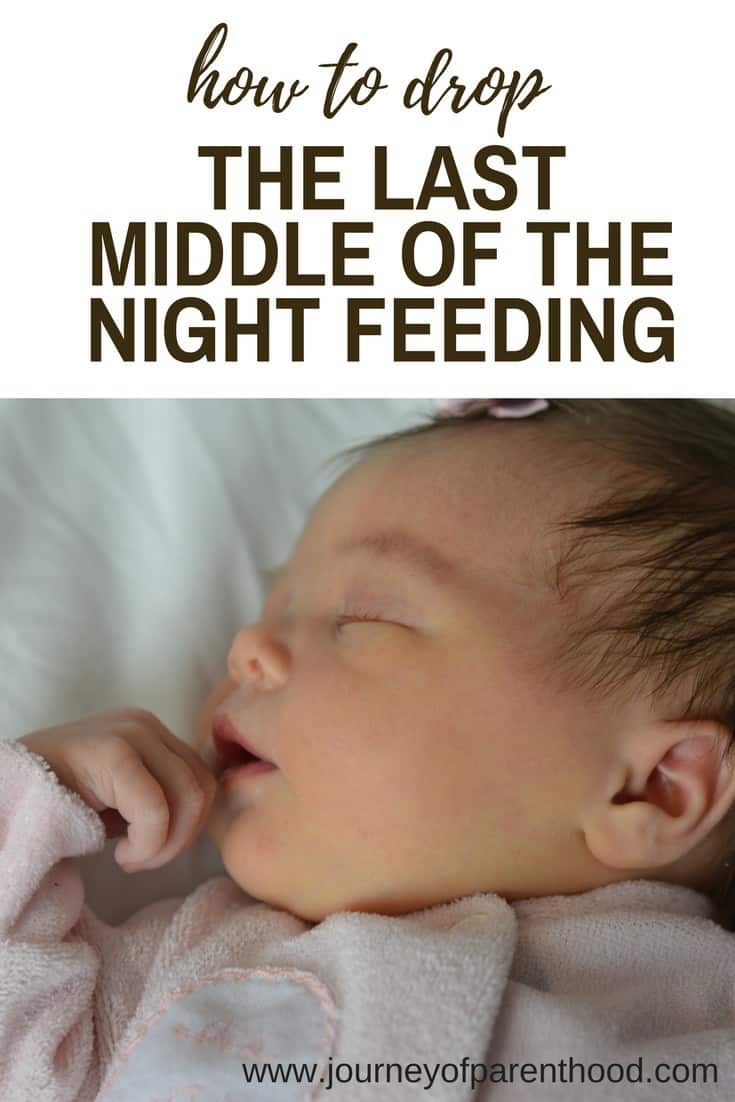
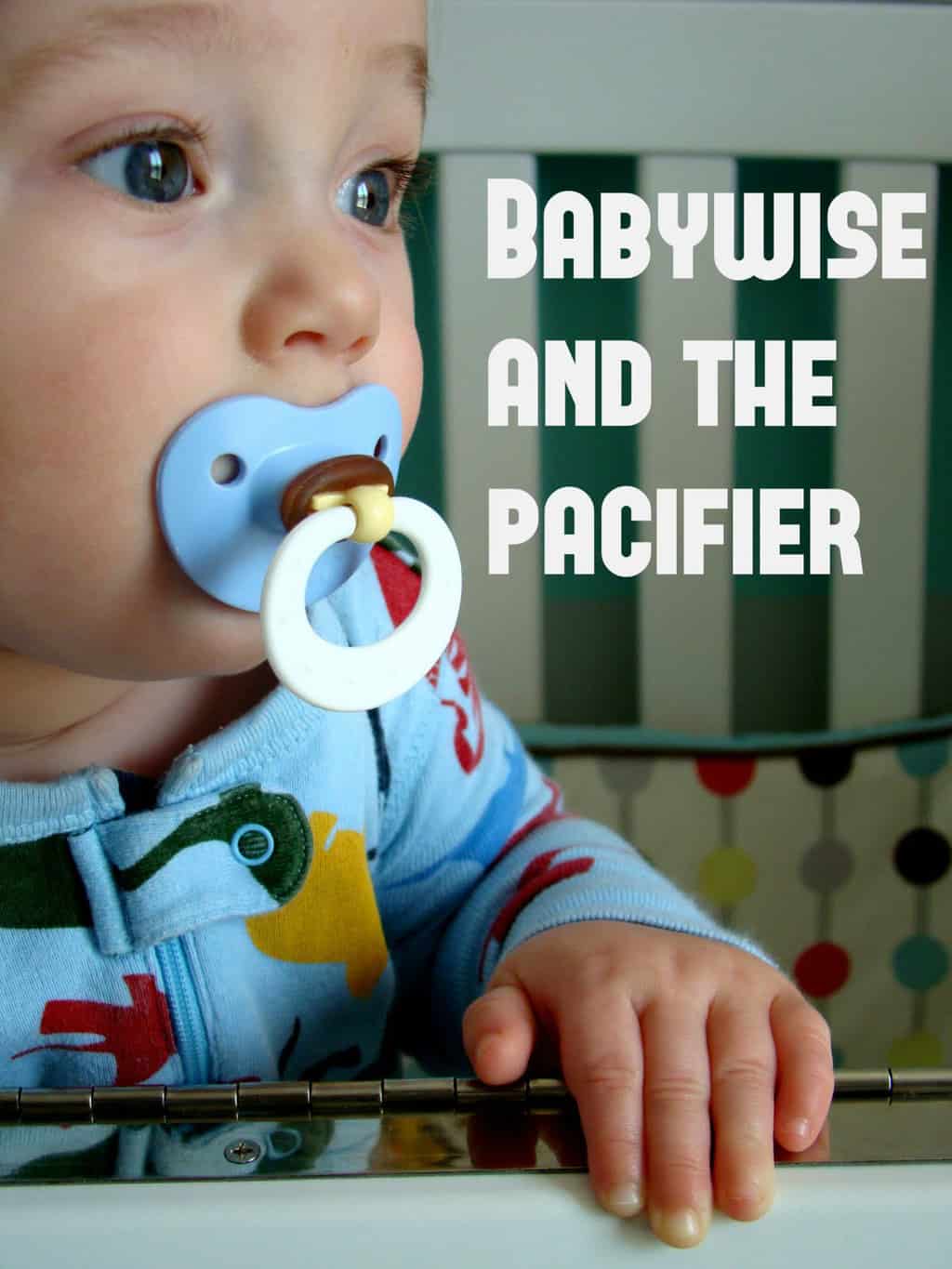





Oh it is a hard work! The consistency you need to follow. Although my method was pretty clear and easy to follow – I used Susan Ubran’s how to teach a baby to fall asleep alone. You have step-by-step elements, this should be easy. But watching yourself to stay consisten is the hardest part. Glad I’ve never tried CIO methods cause I’ve have failed big time!
It’s definitely hard at first, but so, so worth it! I think in some ways it’s harder to work on sleep training the first three months than if you just did the “survival mode” whatever works lifestyle, but after those first few months, it pays off SO much! And then you all get great sleep for years, rather than having sleep struggles and problems until your kid is 8 😅